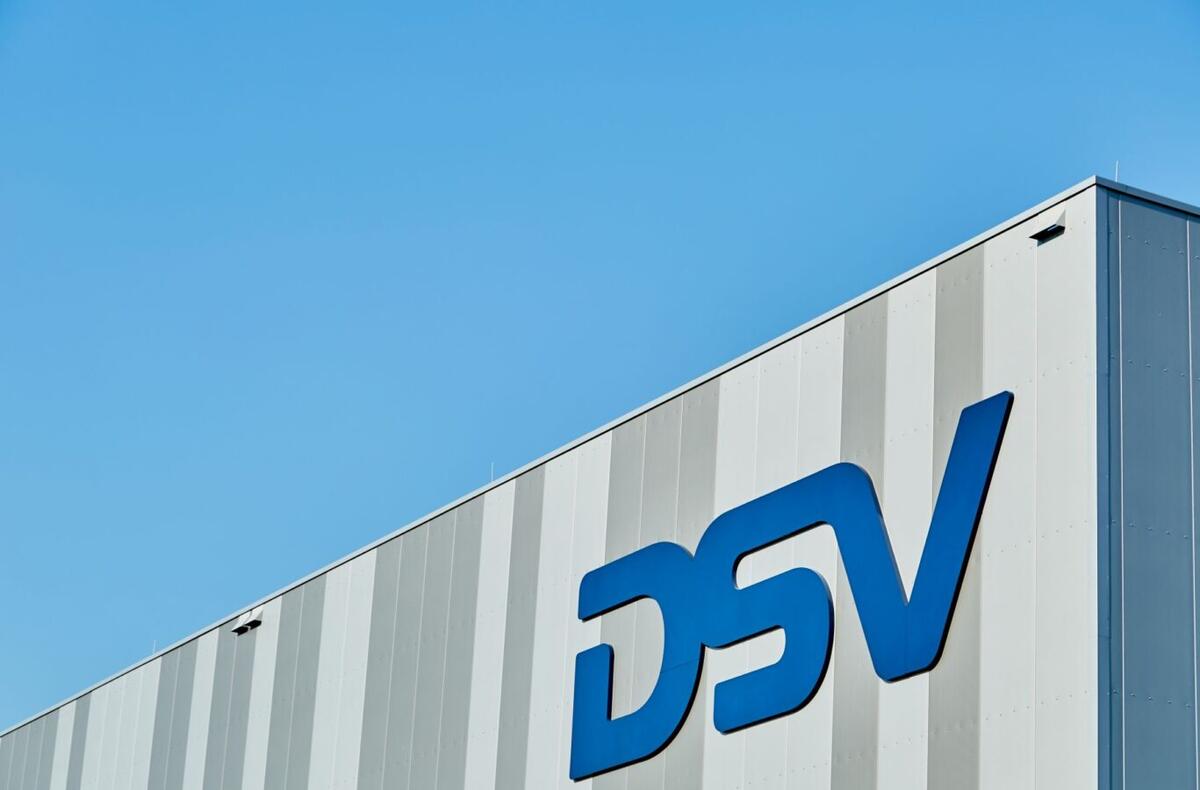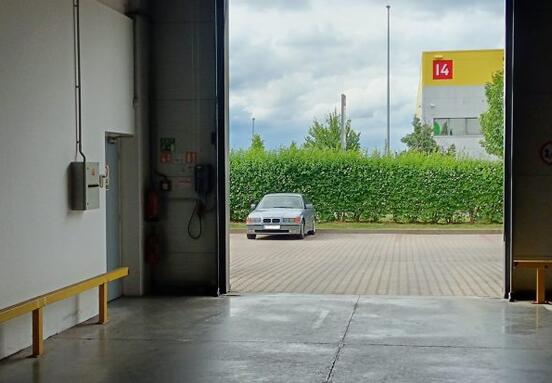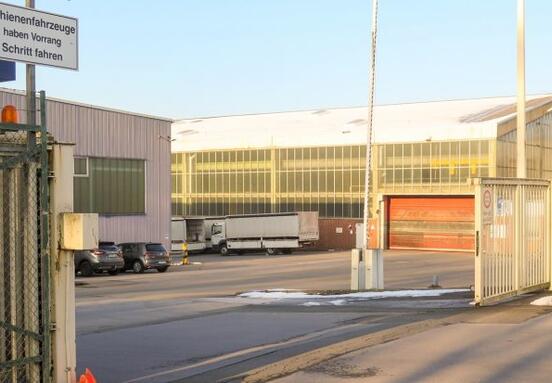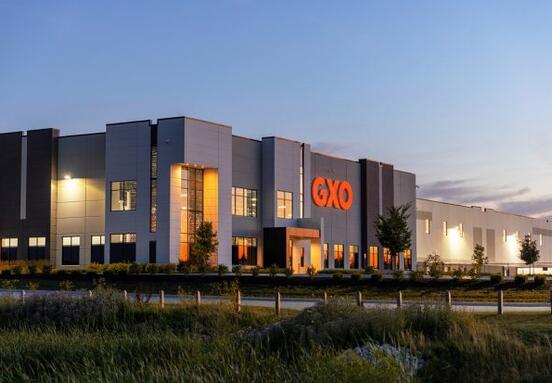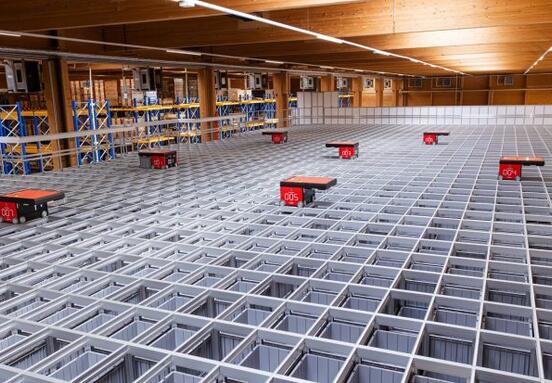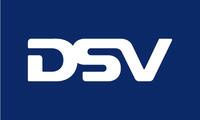Last year was a turning point in many aspects. Transporters had to be very creative and adapt to changes in the shortest possible time. The geopolitical conflict in Ukraine forced many of them to change the routes of transporting goods, lockdowns in China prolonged transport as in the times of covid, and the lack of storage space still pushes logistics to save space as much as possible. Expectations that 2022 would see the return of world trade to pre-covid levels have been proven wrong.
Nevertheless, the world's transport leaders report an increase in sales for the past year, overall in the order of lower tens of percent. DSV managed to increase sales by a third, namely by 29%, to a value of 750 billion crowns. Despite negative circumstances, such as the diversion of routes outside of Russia, and high congestion in Asian and European ports, DSV has shown continuous growth and positive results. The Air&Sea division did the most, which increased its sales by 32% year-on-year and is the company's strongest division.
The basis for the successful operation of the company is always the choice of a suitable business strategy. For the transport company DSV, it is traditionally represented by a strong M&A strategy. The M&A strategy (Mergers and Acquisitions) is chosen for the synergistic growth of the merged company, which has more value than the separate units. Thanks to a properly set business plan, DSV was able to undertake another of its almost annual tradition of acquisitions in 2021 – most recently Agility GIL, whose integration was successfully completed this year. DSV's previous acquisitions included Panalpina, UTi Worldwide and ABX LOGISTICS.
DSV is celebrating its 25th anniversary in the Czech Republic this year. During this time, it has made its way among the four largest carriers operating in the country and is constantly growing. "According to our unconsolidated estimates, last year's sales of DSV in the Czech Republic will be around seven billion crowns. We do not yet have the exact numbers available, but we can state that the unforeseen events of last year did not affect us thanks to the company's strong global base," says Petr Chocholatý, Managing Director of DSV Road. The DSV Road division, which has been operating for the longest time in the Czech Republic, reported sales worth two billion crowns for 2022. Compared to 2021, this represents an increase of 13% from the value of 1.757 billion.
“The outlook for 2023 assumes global economic growth of around 2-3%. Normally, we would expect transport volumes to grow in line with the economy, but in the second half of 2022, cost volumes fell more than GDP due to lower inventory levels and changes in consumer behavior following the Covid pandemic. We therefore expect this negative trend in freight volumes to continue in the first half of 2023 as well, but with a recovery in the second half," adds Mikael Kjeldgaard, Managing Director of DSV Air & Sea.
This year, logistics companies will be subjected to additional challenges. Among other things, the destruction of 600,000 shipping containers and the decrease in free transport capacities, the aforementioned decrease in transported shipments or the cancellation of up to a quarter of maritime connections from Asia to Europe. However, the world's largest carriers are fully prepared for the complex circumstances of world trade.
About DSV
DSV a.s. is originally a Danish supplier of transport and logistics services, providing solutions for worldwide freight (air, sea, road and rail). The company was founded in 1976 by ten independent Danish transporters and is constantly expanding, it has representation in more than ninety countries of the world with 75 thousand employees. The company is divided into three divisions: DSV Air & Sea for sea and air transport, DSV Road for road transport and DSV Solutions for warehousing and contract logistics.
Currently, DSV is the third largest transport and logistics company in the world, creating up to 4% share of the global market.
The headquarters of DSV in the Czech Republic is located in the village of Pavlov in the Central Bohemia region, where it has the largest warehouses. Others are located in Liberec, Pilsen, Slatiňany, Ostrava, Brno, Olomouc, Frýdek-Místek and Přerov.
